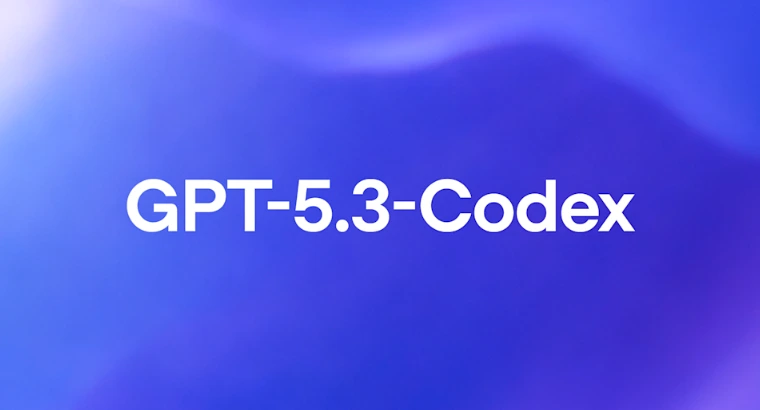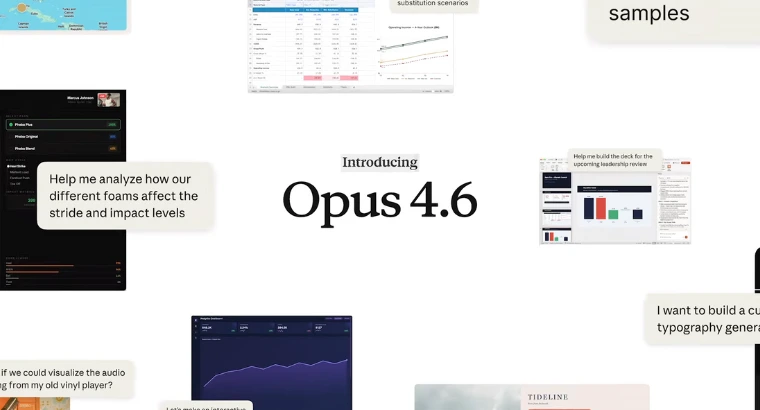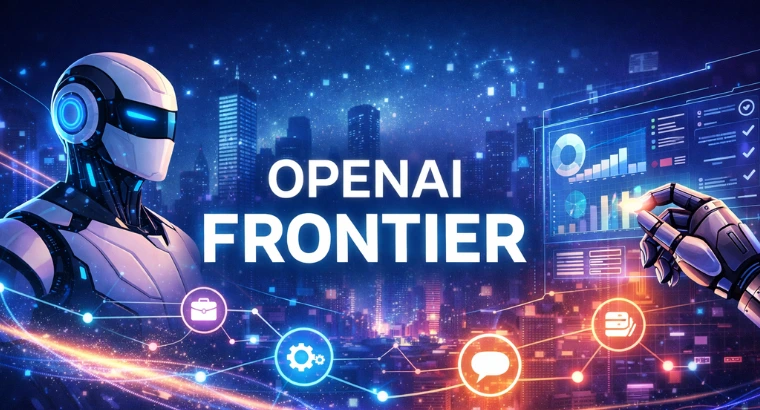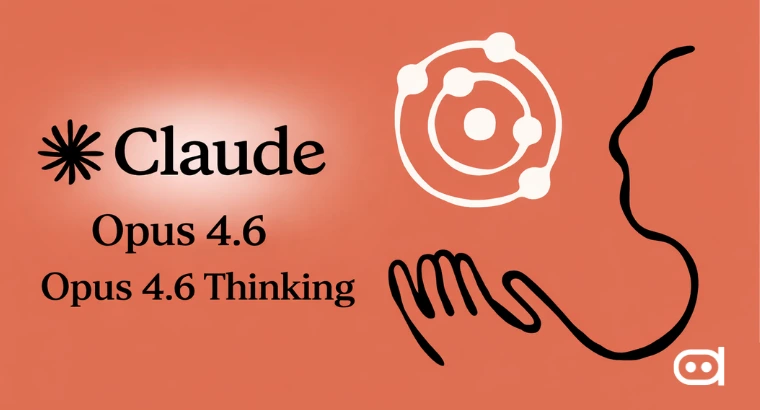
Key Highlights
- RBI’s special panel proposes 7 “Sutras” for ethical AI in finance
- India pushes for homegrown AI models and a regulatory sandbox to boost fintech growth
- AI investments in finance to hit $97 billion by 2027
According to the latest report, the Reserve Bank of India (RBI)’s special panel proposed a framework for Responsible and Ethical Enablement of Artificial Intelligence (FREE-AI) in the Financial Sector on August 13.
“For an emerging economy like India, AI presents new ways to address developmental challenges. Multi-modal, multi-lingual AI can enable the delivery of financial services to millions who have been excluded. When used right, AI offers tremendous benefits. If used without guardrails, it can exacerbate the existing risks and introduce new forms of harm,” stated in the RBI’s report.
The report proposed by the high-level committee put weight on innovation with safeguards to protect consumers and ensure financial stability.
The latest Stanford AI Index Report 2025 reveals that artificial intelligence has surpassed human performance in nearly all benchmarked tasks, from coding and image generation to medical diagnostics.
According to a report, Open-source AI models are now almost as capable as their proprietary counterparts, reducing the performance gap from 8% to just 1.7% in a single year.
Compact AI models like Microsoft’s Phi-3-mini now match the performance of earlier giants like PaLM, achieving the same benchmark scored with 142x fewer resources.
RBI’s Committee Proposes 7 “Sutras”
Based on extensive research and industry consultations, RBI’s panel identifies seven core principles, called “Sutras”, to guide banks, fintech firms, and regulators in deploying AI.
- Trust is the Foundation
- People First
- Innovation over Restraint
- Fairness and Equity
- Accountability
- Understandable by Design
- Safety, Resilience and Sustainability
RBI’s Six-Pillar Strategy for AI in Finance
The panel suggests two different focuses, boosting innovation while tightening risk controls, across six key areas. These pillars address both the opportunities and risks of AI in banking and digital payments.
On the innovation front, the report pushes for better infrastructure, smarter policies, and stronger skills. It calls for shared public data and computing resources to help startups and smaller firms compete with big players.
A dedicated AI sandbox would allow controlled testing of new tools under regulatory oversight. To reduce dependence on foreign tech, the panel advocates developing homegrown AI models designed to meet India’s financial needs.
The RBI also suggests a more flexible regulatory approach for low-risk AI applications, particularly those aiding financial inclusion, so that compliance does not resist progress.
The financial sector around the world is racing to adopt artificial intelligence (AI), with investments expected to surge beyond $97 billion across banking, insurance, and payments by 2027, according to a World Economic Forum (2025) report.
Experts say that AI will soon become a major driver of revenue growth, with the generative AI segment alone expected to hit $12 billion by 2033 by growing at a whopping rate of 28-34% annually.
From chatbots to fraud detection, financial firms are increasingly embedding AI into customer service, automation, and risk management. The OECD notes that a wide range of institutions, from global banks to fintech startups, are already developing or deploying AI solutions.
“In developing economies like India, where millions remain outside the ambit of formal finance, AI can help assess creditworthiness using non-traditional data sources such as utility payments, mobile usage patterns, GST filings, or e-commerce behaviour, thereby including “thin-file” or “new-to-credit” borrowers. AI-powered chatbots can offer context-aware financial guidance, grievance redressal, and behavioural nudges to low-income and rural populations. Voiceenabled banking in regional languages has the potential to allow illiterate or semiliterate individuals to access finance,” stated in the report.
Many governments are currently planning to integrate AI models into their existing infrastructure. Recently, Anthropic, the company behind the powerful Claude AI, announced that it is offering its chatbot to every federal agency for a flat $1 fee per year
AI’s integration can also introduce a minefield of new risks that could damage market stability and consumer trust.
For example, sometimes, AI models operate as inscrutable decision-makers, which makes it nearly impossible to explain why they reject loans, flag transactions, or set credit limits. Additionally, issues like hallucinating in generative AI can fabricate false financial advice to users.











